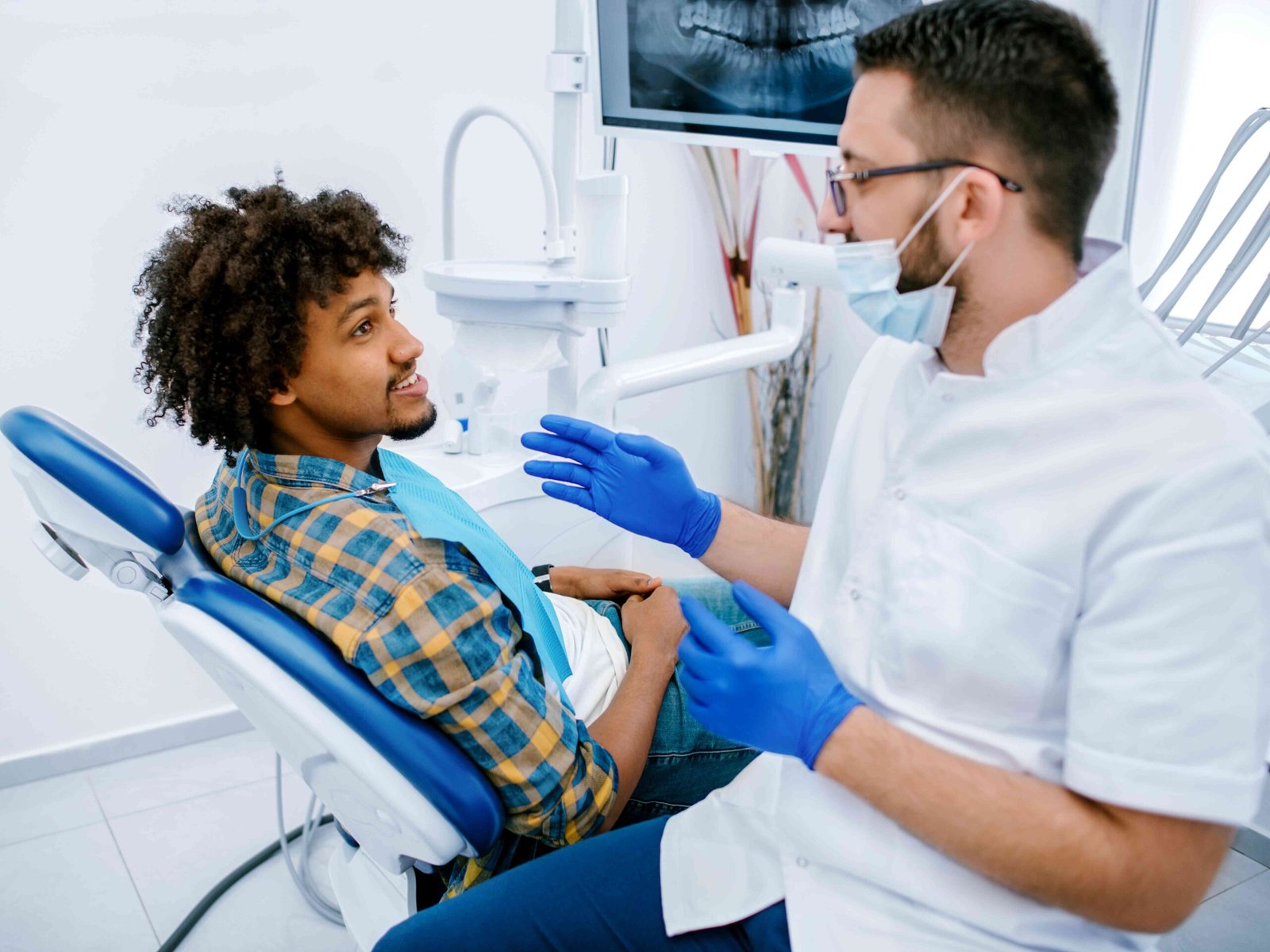Causes and Risk Factors of Heart Attacks
A heart attack, medically known as a myocardial infarction, happens when something blocks the blood flow in an artery (blood vessel) that feeds the heart. This lack of blood flow to the heart damages the heart muscle and can cause a heart attack, resulting in symptoms like chest discomfort, shortness of breath, and nausea. Heart … Read more










